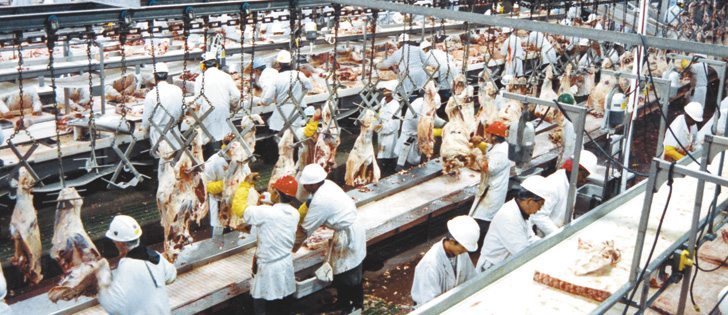BRASILIA, Brazil (Reuters) – Brazil’s lower house of Congress has approved a bill that would restrict foreign ownership of land along the country’s borders and in the Amazon as part of government efforts to increase control of the region.
The constitution and justice committee voted unanimously in favour of the bill, which now needs Senate approval before president Luiz Inacio Lula da Silva can sign it into law.
The government accuses some foreign groups of industrial spying, undermining the culture of native Indians and biopiracy, which is the theft of medicinal plants for pharmaceutical purposes.
Read Also

U.S. government investigates high input costs
The USDA and DOJ are investigating high input costs, but nothing is happening in Canada.
Nationalists, especially in military and intelligence circles, have long harboured conspiracy theories that foreigners are scheming to take the Amazon forest’s vast resources.
The proposal limits the size of properties foreigners can own in the Amazon to 15 modules, or an average of 3,700 acres. Foreigners who own larger land holdings can keep them as long as they are productive, it says.
The bill requires foreigners to have lived in Brazil for at least 10 years before they can acquire land.
It also prohibits foreigners from buying property within 150 kilo-metres of the country’s borders.
Previously, a government commission could grant special authorizations for border areas.
Last year, the army chief for the Amazon warned that Brazil’s borders were vulnerable to incursions through tribal Indian territories harbouring foreign aid workers. Farmers in some areas have complained that buying by foreigners has driven up the price of land.
“This is not a xenophobic measure,” said Jose Genoino, who sponsored the bill.
“We simply want to have more control over who buys land where.”
Foreigners can circumvent the restrictions if they form a Brazilian company, said Genoino, a member of Lula’s centre-left Workers’ Party.
Earlier this year, the government threatened foreign aid groups that they would be shut down if they did not provide detailed accounts of their operations and register with six authorities, including federal police.














